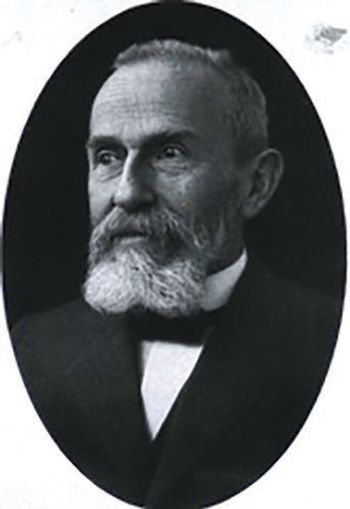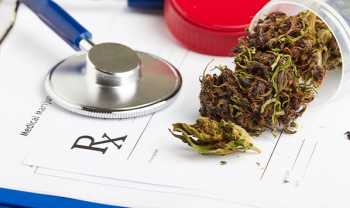
This month in history: Determined to regard his patients as individuals, Swiss psychiatrist Eugen Bleuler sought to understand his patients and coined the term schizophrenia.

This month in history: Determined to regard his patients as individuals, Swiss psychiatrist Eugen Bleuler sought to understand his patients and coined the term schizophrenia.

New hope for depression on the horizon and other updates.

The “tip of the spear" metaphor reflects consultation-liaison’s place as the most forward clinical psychiatry service in the wider medical world that can lead improvements in patient care.

All current FDA-approved medications for the treatment of schizophrenia antagonize dopamine type 2 receptors-but that is where their similarity ends.

Psychiatry is in a unique position to help the world navigate these unprecidented times. MJH Life Sciences' founder and CEO introduces the newest issue of Psychiatric Times.

Clinicians work with more male sexual abuse survivors than they may think.

An overview of the theoretical and empirical literature linking PTSD, substance use, and IPV, as well as risk factors for depression and other psychiatric disorders.

Most of us remember where we were when the terrorist bomb shattered our sense of peace in this usually quiet community. The shockwave travelled for miles and across time.

For an inspiring model of communal hope and resilience under a dire threat to survival over COVID-19 fears, the author turns to the Fekalists, the prisoners condemned to be sanitation workers in the Lodz ghetto in Nazi-occupied Poland, his parents among them.

As our understanding of the neurobiology of OCD grows, additional treatment options become available and should be thoughtfully integrated into the treatment algorithm. One such option is dTMS.

Samuel T. Wilkinson, MD, discusses the risks and benefits, as well as the challenges of clinical implementation of esketamine, for treatment-resistant depression.

Neighborhoods, tribes, gangs-each have their own culture. Unless you have been raised in one of them and are "known," you come as a stranger.

Regardless of whatever short-term benefit patients perceive from cannabis, the evidence points clearly to an association between usage and worsening course of bipolar disorder over time.